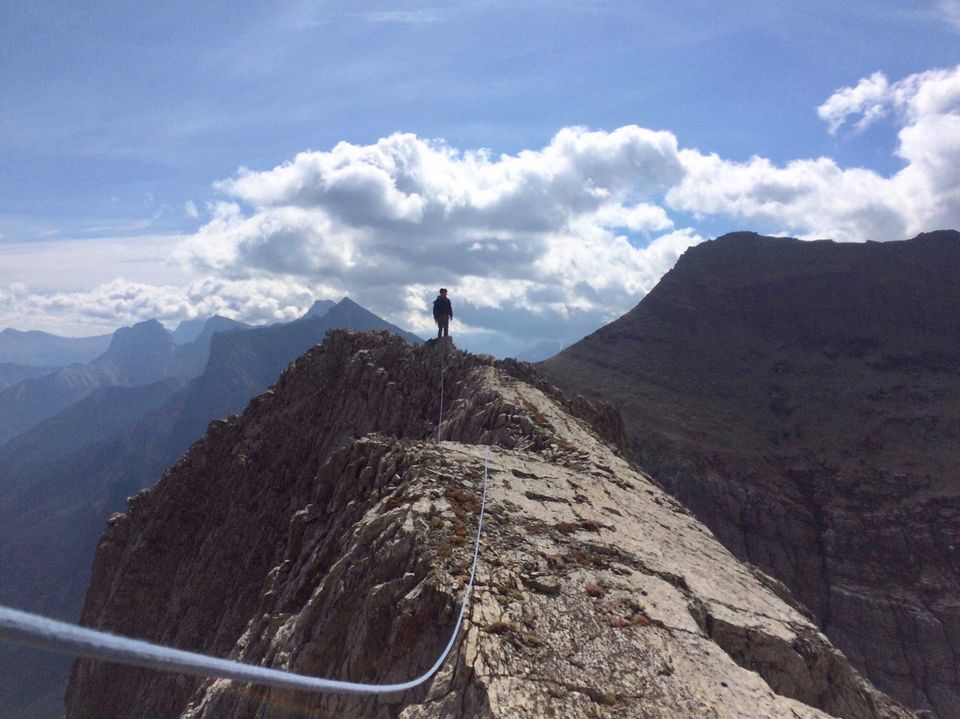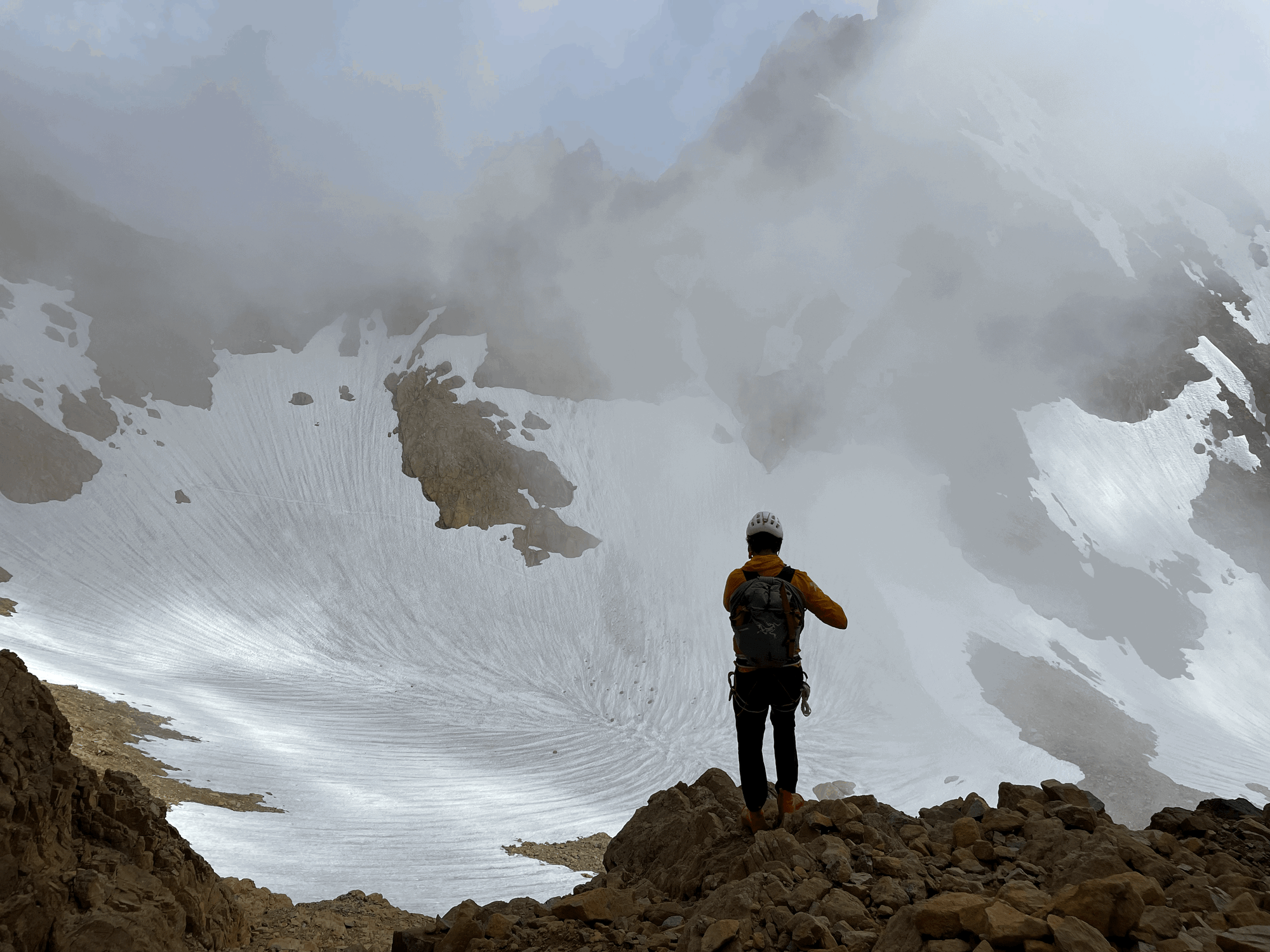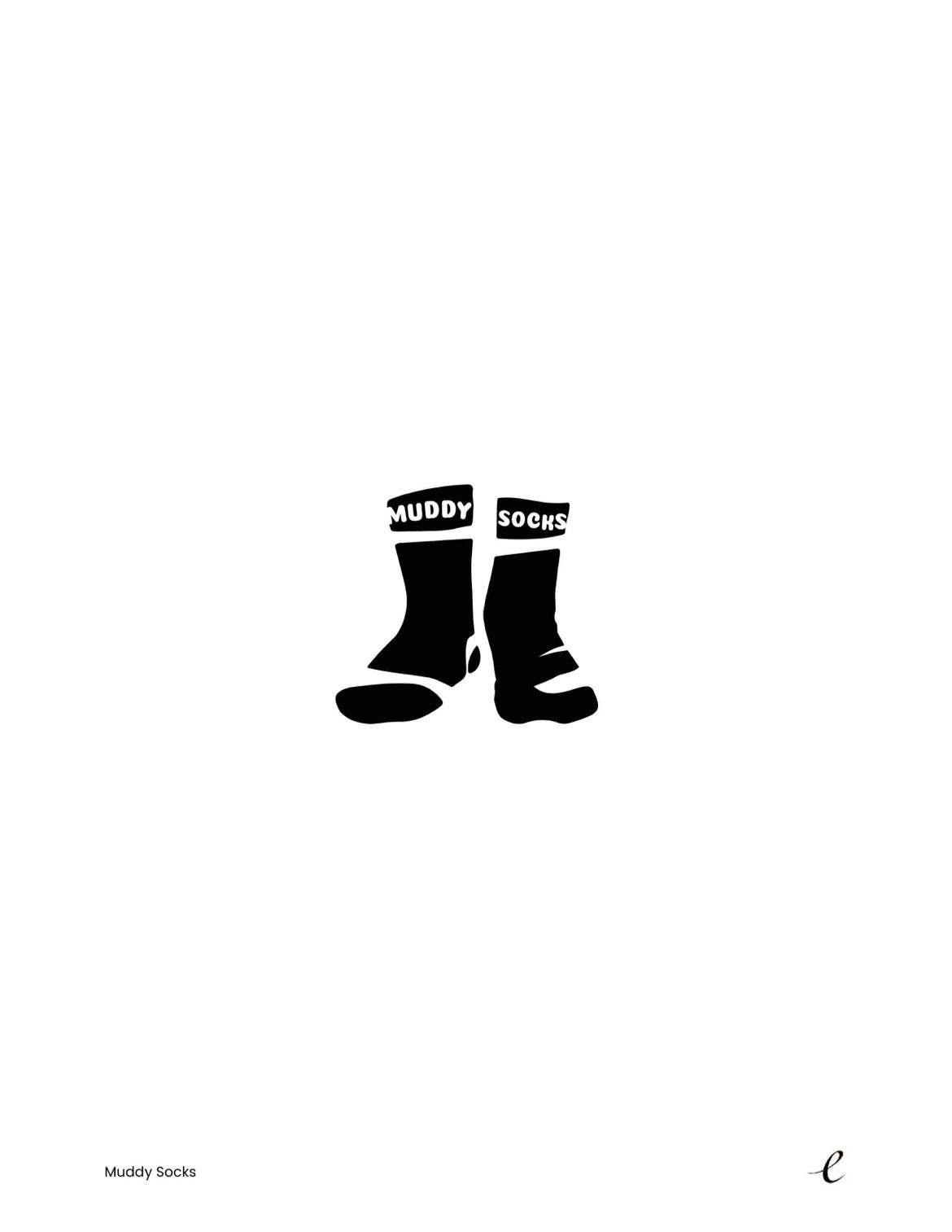What good can come from this?

"In some ways suffering ceases to be suffering at the moment it finds a meaning." —Viktor Frankl, Man’s Search for Meaning
It can be much harder to find an answer to this question from certain life events than others, but if you spend enough time sitting with the question, exploring, sharing, wrestling and examining it, even in the deepest darkest of places, an answer can emerge.
Understandably, a great deal of attention gets placed on Post-Traumatic Stress Disorder (PTSD), but I’ve been doing more reading about Post-Traumatic Growth (PTG) recently and I am finding it helpful so I wanted to share a bit about it.
PTG is the notion that experiencing a traumatic event can have a transformational role and facilitate growth in certain individuals. Negative experiences have been shown to spur positive change, including a recognition of personal strength, the exploration of new possibilities, improved relationships, a greater appreciation for life, and spiritual growth. Of course I would never have wanted the traumas that I have experienced to have occured. I would give anything to have LK back, but I can only accept that they have. The knowledge that growth is still possible despite the traumas that I have experienced gives me a sense of purpose.
As Richard Tedeschi highlights in this article: Growth After Trauma, in order to move the needle we first need to understand what trauma is. He defines it as "a disruption of core belief systems." He points out that trauma forces us "...to rethink who we are, what kind of people surround us, what world we live in, and what future we will have. It can be extremely painful. But as research shows it can also usher in change that will be of value." As Austrian psychiatrist Viktor Frankl put it, “When we are no longer able to change a situation, we are challenged to change ourselves.” We tend to rely on a particular set of beliefs of the world. Traumatic events typically shatter that worldview as we become shaken from our ordinary perceptions and are left to rebuild ourselves and our worlds.
Emotions such as sadness, grief, anger, and anxiety are natural responses to trauma. They are incredibly powerful and in the initial thralls of traumatic events, they are all consuming. Instead of trying everything we can to inhibit or “self-regulate” these feelings, I have found it helpful to allow them to emerge and to express them. Rather than pushing them away, I have leaned in to them. They are not comfortable and they have felt overhwhelming at times, but ironically, it's been when I have tried to suppress or ignore them that I have felt the biggest crashes after the fact. I think it's in large part why I attempted to commit suicide last November. Conversely, when I have leaned in to my feelings, with the support of my therapist, friends, family and loved ones, that I have felt the most personal growth.
I have found writing to be a useful therapeutic tool to help me process my emotions. Writing about Laura, her accident and what I am dealing with elicits a strong emotionl response in me. This form of "expressive writing"has helped me in my search for meaning in understanding what I have experienced. It also gives my emotions a place to live outside of me and it feels purposeful. It also gives me an avenue to explore my new world view. Not everyone likes writing, but perhaps music, or art can serve the same purpose for others.
The other benefit I have found in telling my story is how it has allowed me to shape a narrative for myself. We are the stories that we tell about ourselves and others, so, as Tedeschi mentions "[t]he next step is to produce an authentic narrative about the trauma and our lives afterward so that we can accept the chapters already written and imagine crafting the next ones in a meaningful way." It is incredibly painful to sit and think about a life without Laura, but it is the reality that I have, so all I can do is think about what I want that life to be like and to start taking steps to make that happen. It is something that I have a certain amount of control over.
Another point that Tedeschi makes are the benefits of service to people dealing with trauma. He says that "People do better in the aftermath of trauma if they find work that benefits others—helping people close to them or their broader community or victims of events similar to the ones they have endured." I have found this to be true for me. During my periods of intense trauma, I have felt like a burden on people around me. I have asked for support and relied on them for the most basic of life functions, this feeling of being a burden on others only added to the weight I was feeling, so any chance I could to help others, even if it was just by showing gratitude, compassion and empathy to others helped ease those feelings. I have found myself especially drawn to helping others who might experience, or who are experiencing what I have. This shared sense of experience with other widows and people who suffered sudden loss, espeically in the mountains, has provided some meaning to what I have endured. I also hope that some of it might help others too.
The one key to this is that you must also be ready, or be in a palce, to accept the possibility of growth. In the days after Laura's death if someone had told me that eventually I would grow from it I would have been closed off and angry at the thought. Going there too soon would have felt like minimizing my pain and suffering and minimizing the impact of the loss. Even writing this post is scary to me for these reasons. I struggle with this quite a lot. I feel at times like I can't allow myself to seek happiness, or a future, but it is a worldview fog that is lifting.
Nothing will ever undo the horrible experiences that many of us have endured, but I find it comforting to know that it is okay to explore the possibility of growth from grief & trauma. I have not always believed it to be possible, but I am glad I was introduced to the concept and that I can be open to it.
I dont know what growth means to me, or what my future will look like, but I am open to the opportunities that it may bring. Maybe reading this will spur one of you on.
Growth can't be forced or rushed, but even knowing that it is possible can be helpful. I do think it’s worth it, because you are, we all are ❤️

________________
Workout of the week:
Rather than post a specific workout, here are a few weeks of my training for my first mountain running race, the Jungrfau Marathon, back in 2007. It's an uphill race with almost 2000m of elevation gain over the course of the marathon, most of it coming in the second half. These weeks were when I was considering running the Boston marathon as an early prep for the race, which happened later in the summer so they reflect a more traditional marathon block.
Week 16 Recovery This week should be about 65% of peak volume
Monday 7-Jan AM Off
PM Relaxed Running
Tuesday 8-Jan AM Relaxed Running
PM Activation 20', Drills & Strides, WU
Wednesday9-Jan AM Long relaxed steady run of 1:45 - 2 hours
PM off
Thursday 10-Jan AM Relaxed Running
PM Relaxed Running
Friday 11-Jan AM Relaxed Running
PM Activation & Strength 1x
Saturday 12-Jan AM Relaxed Running
PM Activation 20', Drills & Strides - WU
Sunday 13-Jan AM Competition Warm up: 4 x mile @ Threshold pace with 1' easy jog // 3 x 1000 @ 5 km pace with 2' easy jog // 3 x 400 in with 400m jog / 2' Cool down
Week 15: This week should be about 80% of peak volume
Monday 14-Jan AM Off
PM Activation 20', Drills & Strides, WU
Tuesday 15-Jan AM Relaxed Running
PM Relaxed Running
Wednesday16-Jan AM 10 minutes easy -> 45 minutes at marathon pace -> 5 minutes tempo pace -> 25 minutes marathon pace -> 5 miniutes tempo pace -> 10 minutes marathon pace -> 10 cool down
PM Relaxed Running
Thursday 17-Jan AM Relaxed Running
PM Relaxed Running
Friday 11-Jan AM Relaxed Running
PM Activation & Strength 1x
Saturday 12-Jan AM Relaxed Running
PM Activation 20', Drills & Strides - WU
Sunday 13-Jan AM 15 minutes easy -> 45 minutes @ half marathon pace -> 15' easy
PM Off
Week 14: This week should be about 80% of peak volume
Day Date Time Planned Session Completed Session Comments Training Zone Intensity Training Volume
Monday 21-Jan AM Relaxed Running
PM Relaxed Running
Tuesday 22-Jan AM Activation & Strength
PM Relaxed Running
Wednesday 23-Jan AM Relaxed Running
PM Activation Session with a short jog of 20-30', Drills, & Strides. Thursday 24-Jan AM 15' Easy + 2 x 10' Tempo with 2' rest + 40' @ MP + 1 hour easy + 3 x 5' tempo with 1' rest + 15' Easy
PM Off / mobility
Friday 25-Jan AM Relaxed Running
PM Activation & Strength
Saturday 26-Jan AM Relaxed Running
PM Activation Session with short jog of 20-30', Drills, & Strides as required. .
Sunday 27-Jan AM 15' Easy + 8 x 3' @ 10-5 KM pace with 2' rest + 15' Easy
Despite having almost a decade of endurance sports knoweldge back in 2oo7, my training knowledge was mostly in triathlon. Since this was my first mountain race, I started researching mountain running. In doing that, I kept hearing about the legendary exploits of Jonathan Wyatt, a now 6-time World Mountain Running Champion from New Zealand.
Wyatt is a legend in the sport of mountain running, especially in uphill events. He is also a two-time Olympian with some impressive track times. He was designed to fly up hills and at the time he owned just about every uphill course record out there. He may still have a few of them. I found his website (now inactive), which included his email address, and I emailed him some training questions. He also happens to be a great guy and after some brief correspondence, he offered to coach me. I jumped at this incredible opportunity and awaited the “miracle plan” to show up in my inbox.
It’s always interesting to compare different people’s training philosophies, but fundamentally, there is always one thing in common, endurance events require a lot of hard, but specific work for the goal you are training for and Wyatt’s plan was no different. It was revolutionary in it’s simplicity, lots of miles and lots of miles uphill. It really was that simple.
I have been fortunate enough throughout my athletic career to befriend some amazing endurance athletes, from Ironman champions to Olympic medalists and this KISS principle of training, incorporating years of volume and hard, but specific work seems to be universal, so my plan for the marathon was set. Run as much as possible, some of it hard and as much of it uphill as I could.
The key sessions were 2.5 hour runs with the last hour uphill, or 8*3 minute intervals uphill, 2*20 minute threshold runs and the odd turnover set on the flats to keep my leg speed up. Apart from that, it was just run a lot and substitute in some cycling for an extra aerobic benefit and some strength. Once again, try to do some of the cycling uphill for specificity as my body adapted to running more volume.
It's cool to think back on those early days and sessions. Man I love threshold work, learning from the best and trying to figure out how to get the most out of myself!
Mindfulness Thought of the Week:
When we explore rather than avoid we are able to integrate the experience into our story. We can make meaning out of struggle, out of suffering.
